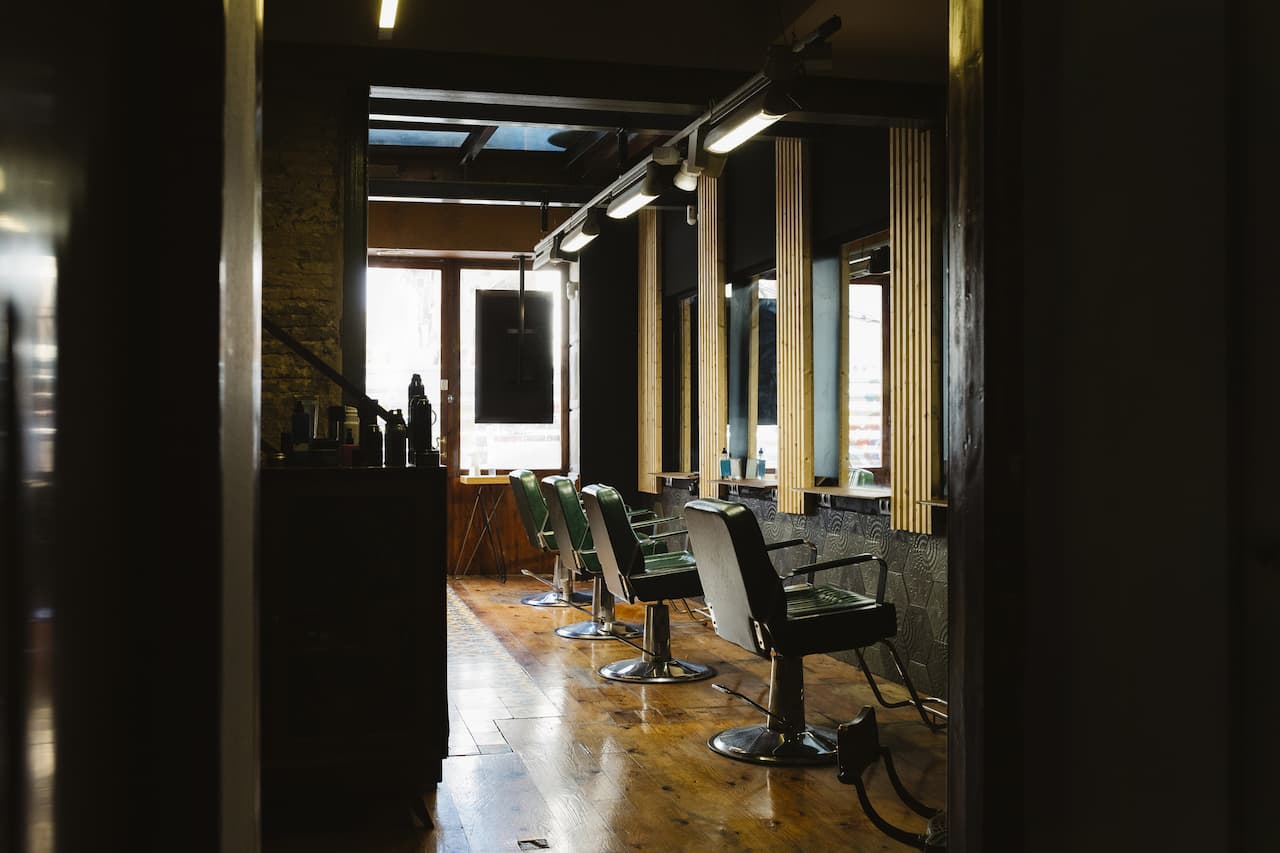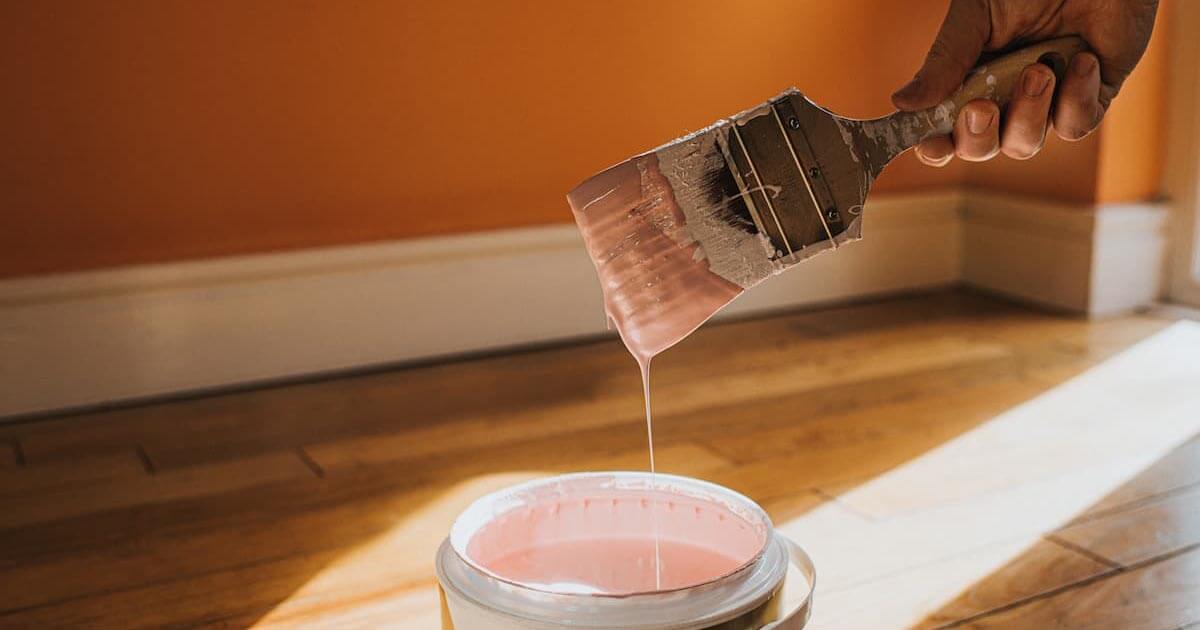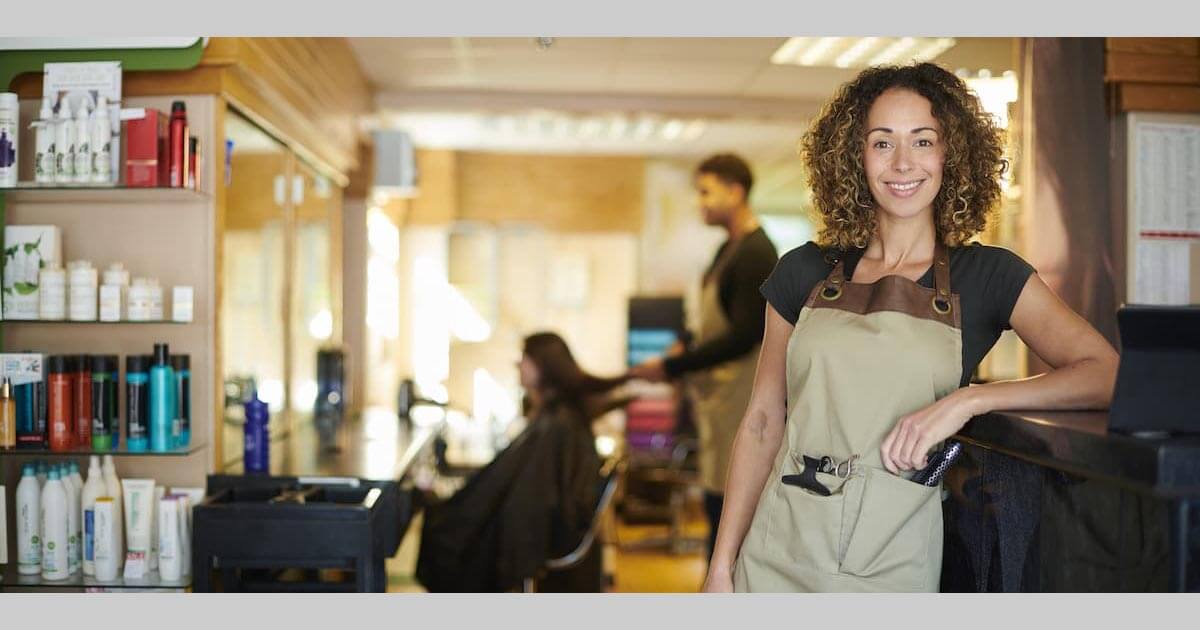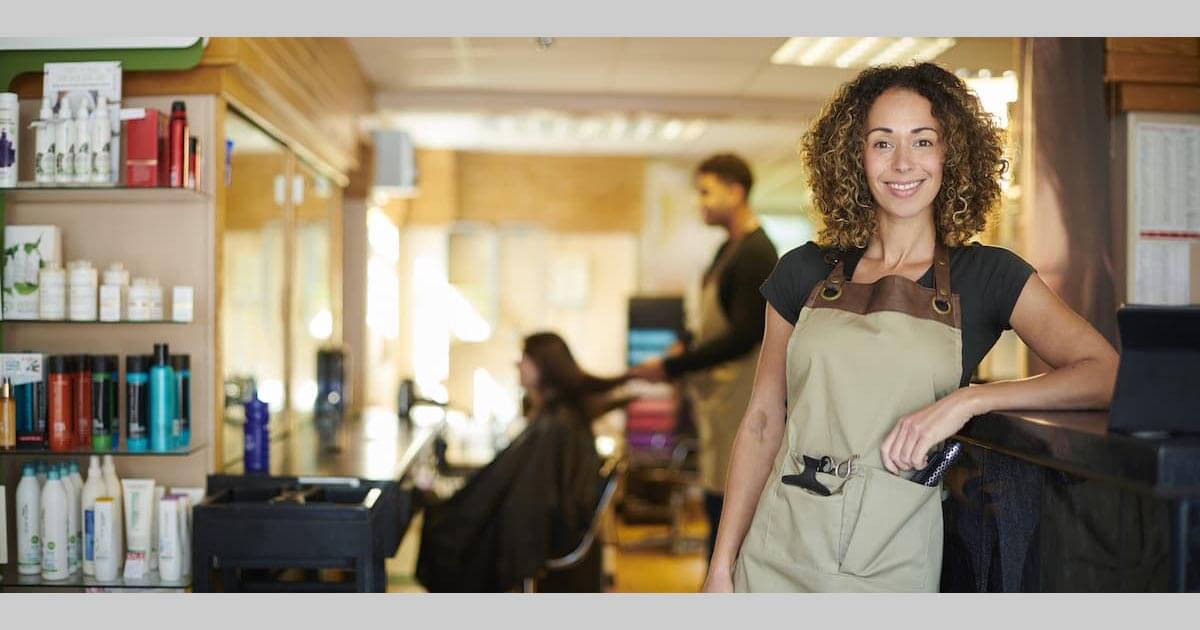Set rental fee
You could have a set rental fee on your chair that your freelancer will pay for in advance, and then they take all of the income for the work that they do. You will need to work out what a reasonable rent figure would be for the freelancer, whilst also allowing them to make enough income to make renting the chair worthwhile.
This will depend on the type of business that you own. For example, if you are a hairdressing salon, you could charge £100 for a freelancer to rent your chair, which they could easily make back over the course of a day.
However, this type of agreement might not work for freelancers if there is a quiet spell, as they have paid for the chair, but aren’t getting any customers and therefore not making any income.
Percentage agreement
In a percentage agreement, income will be split between the salon and the freelancer at an agreed percentage. You should have a written contract which outlines this rate to avoid any disputes in the future.
A 50/50 split seems like a fair option, but remember that a salon could ask for a higher percentage, as they are providing the customers, equipment, electricity and other utilities. A salon can expect to take anywhere from 40% to 60% depending on what they are looking for from the arrangement.
Mixture of the two
A salon could combine the two if they wanted. They could charge a lower rate for the chair hire so that a freelancer doesn’t have a high upfront cost, but the two parties can benefit from splitting income. This could work well if the freelancer has a good reputation in the trade and can potentially bring new customers to your salon.


















